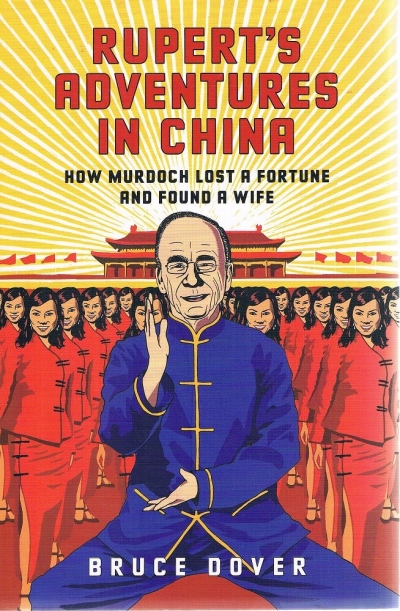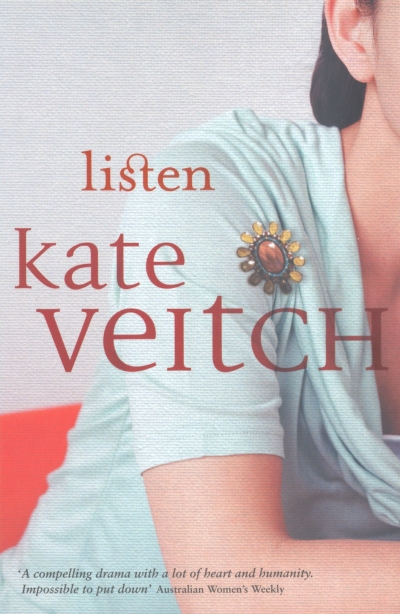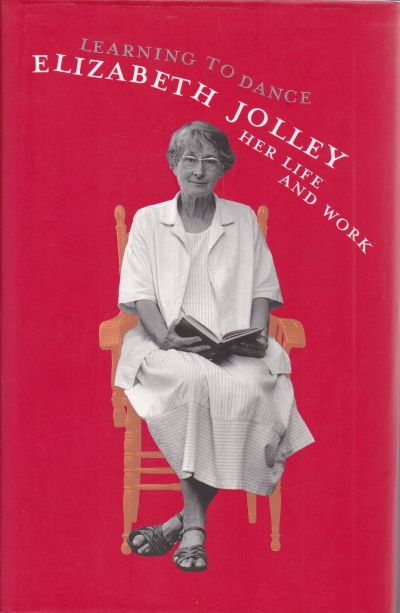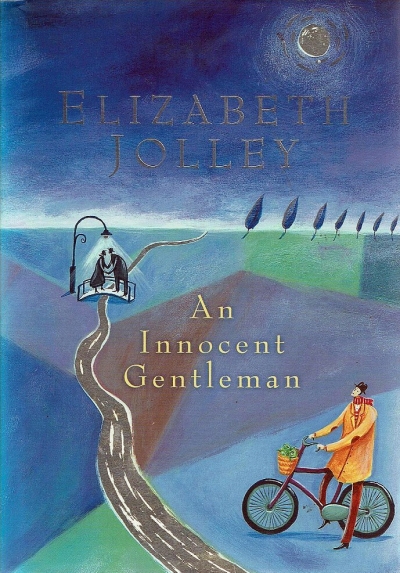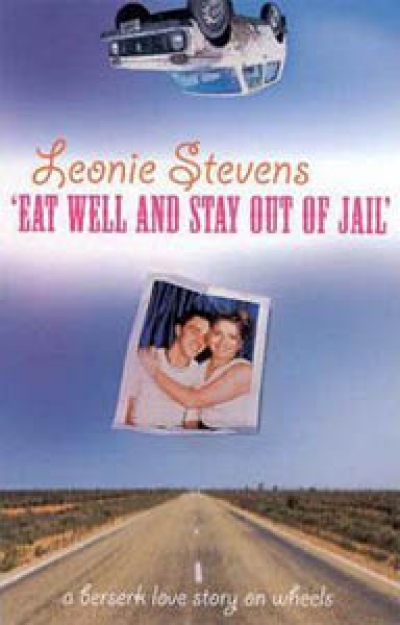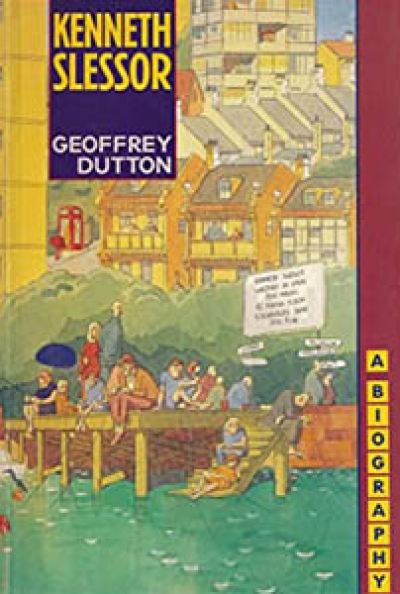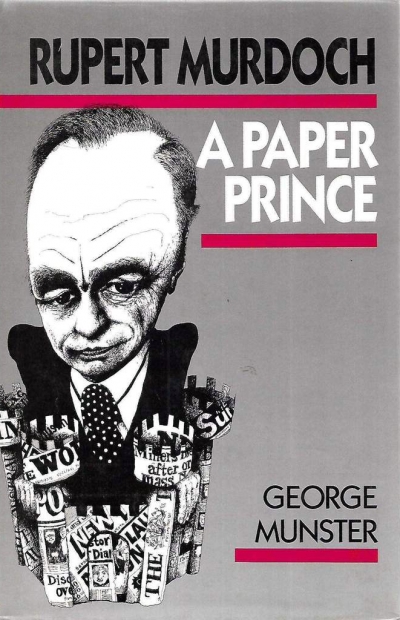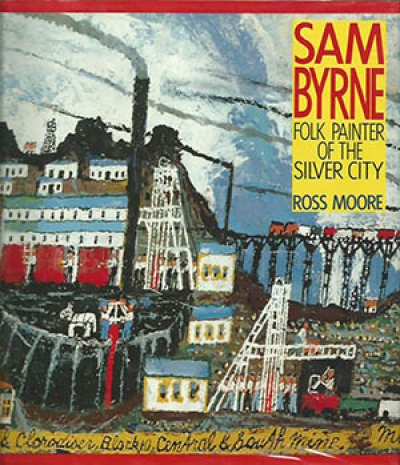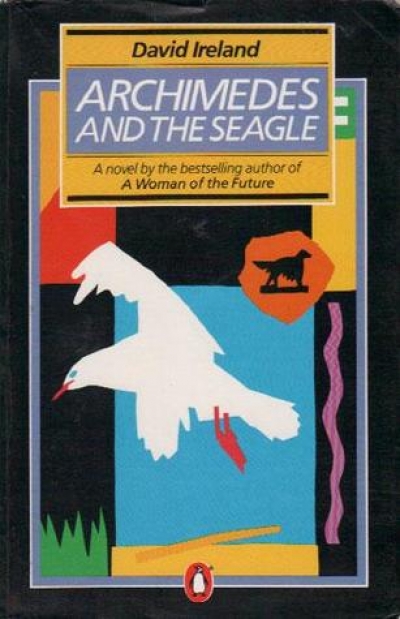Viking Press
Rupert's Adventure in China: How Murdoch lost a fortune and found a wife by Bruce Dover
Learning To Dance: Elizabeth Jolley – Her life and work edited by Caroline Lurie
My first thought on seeing the title was that Delaware Carpenter, the loveable ‘Professor’ in An Accommodating Spouse (1999) had made a comeback. While An Accommodating Spouse had a predominantly humorous tone, this new novel is serious. On one level, An Innocent Gentleman is a Bildungsroman for a married couple in which both need to be shaken out of their arrested development. All the usual ingredients are there: a father–son and mother–daughter conflict, an avuncular friend, an epiphanous journey from the provinces to a great city, a clash of cultures, illicit sex, the discovery of a Lebenslüge against the backdrop of World War II (the result of England’s Lebenslüge) and optimistic closure as a relationship is redefined. On another level, the novel continues to explore a familiar Jolleyesque motif: the Oedipal father–daughter and daughter–mother relationships, illustrated by the Persephone and Electra conflicts, respectively. In Jolley’s novel Foxybaby (1985), Miss Peycroft advises the novelist Miss Porch: ‘and for heaven’s sake don’t lose sight of the Oedipus and Electra complexes.’ Well, Jolley never did. They are thematic concerns in Miss Peabody’s Inheritance (1983), where the middle-aged Mr Frome marries the big-breasted Gwenda who is all of sixteen; in The Sugar Mother (1988), where Leila, another voluptuous teenager, is sold by her mother to the elderly and childless professor Edwin as a surrogate mother; and, most importantly, in My Father’s Moon (1989), which constructs a most complex Oedipal scenario that has the central character, Vera, seduce her (surrogate) father and betray her mother. In this new novel, however, those two complexes exist outside the narrative and refer to Jolley’s own troubled relationship with her mother and father.
... (read more)
